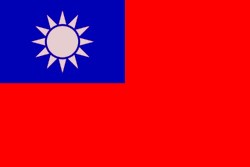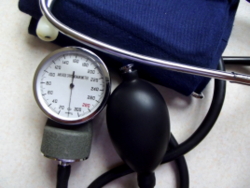
Researchers in Taiwan have found that acupuncture may be effective in reducing stroke recurrence rates. In a retrospective study of over 30000 newly-diagnosed cases of ischaemic stroke (due to a blood clot as opposed to bleeding), acupuncture treatment was associated with reduced stroke recurrence rates, irrespective of whether the patient had been put on medication for this purpose. Patients were followed up for between 5 and 9 years. The impact of acupuncture however, was found to decrease with age.
(A Retrospective Cohort Study Comparing Stroke Recurrence Rate in Ischemic Stroke Patients With and Without Acupuncture Treatment. Medicine (Baltimore), September 2015.)

